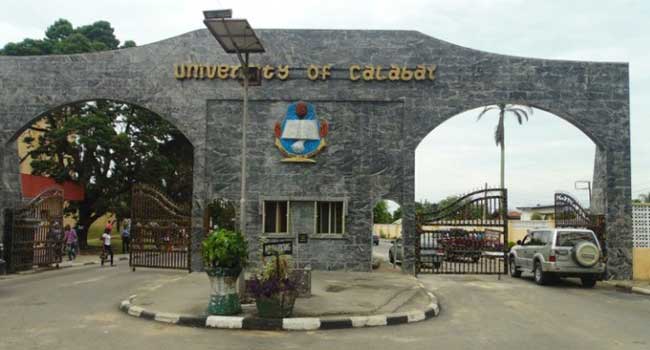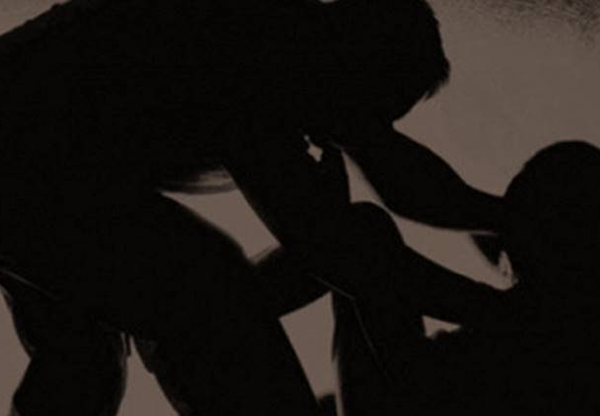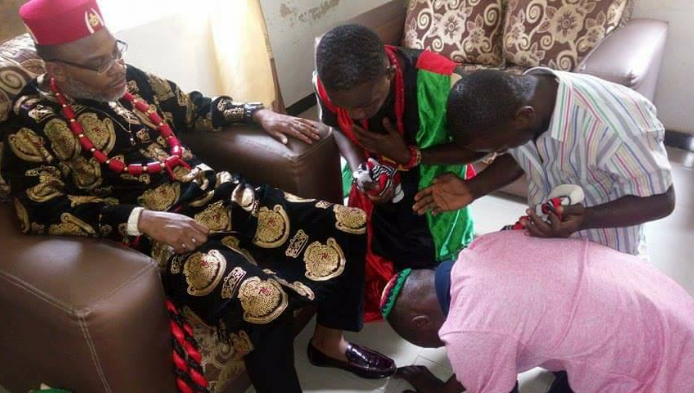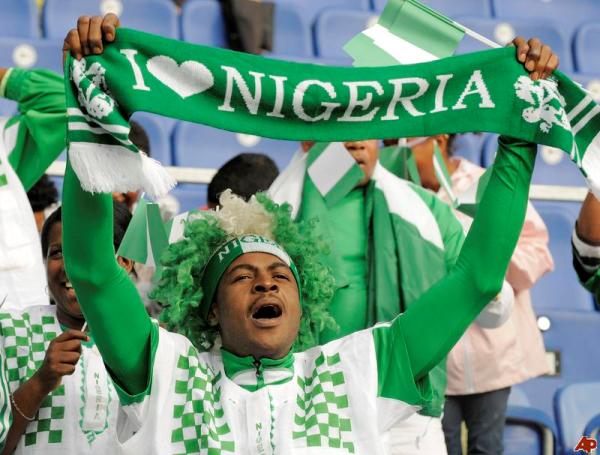BY BEST AGBESE
Nigerian universities are uniformly held back by the same epidemic of degeneration. Until President Muhammadu Buhari became Nigeria’s leader and to coercively imposed sanity into public service, education in the country has proven to be one of the most neglected and messed up sectors of the Nigerian state.
Anytime, education-based foreign organizations’ rank universities in the world, African universities rank the lowest. And in Africa, Nigeria, this acclaimed giant of Africa ranks the lowest and in spite of Nigeria’s enormous wealth, it most times plays a distant fiddle to other less endowed countries of the continent.
Over the years, even with Nigeria’s enormous capital resources, pressures from the academia and labour unions to remit 26 percent of the yearly national budget to education, as prescribed by the United Nations (UN), it usually escapes the attention of the central government. A casual visit to university campuses in Nigeria would reveal a disheartening and awful rot that would melt the most hardened of hearts.
Advertisement
Unfortunately, Nigeria parades an astonishing number of both private and public universities. At the last count, they were over a hundred. It’s progressing in reverse motion. A peep into these citadels of learning would expose a system and a country that mocks itself. It descends down the lowest strata of education. Yet, indiscernibly, this is a country where all public officers mouth the slogan ‘Knowledge is power’, at public fora. It explains the paradox in confusion infinitum.
The problem is more complex, as successive university administrators in Nigeria, as some Vice Chancellors, in particular, feel no obligation and are not morally submissive to any obligation or force to improve the institutions’ fate has bestowed on them to lead. But a few of them have realized this regressive penchant and are attempting to make amends.
University of Calabar (UniCal) now administratively headed by Professor Zana Itinunbe Akpagu as Vice Chancellor (VC) is not left out of the decay or general morass of the Nigerian community about education. Luckily, though, UniCal is a federal institution, but it is located in Akpagu’s home state; he is an alumnus of the same varsity and that’s where he cut his academic teeth after graduation. It is his virgin place of work; it means he began from the lowest rungs of the university administration and today, precisely on December 1st, 2015, he became the first Alumnus (Malabite) to lead the university as VC.
Advertisement
But from all indications and his countenance, it appears he is not happy with the status of the university, he inherited and for the nearly two years of his stewardship, Akpagu is spending sleepless nights thinking of how to return this institution to the path of dignity, glory and academic grandeur.
When he hears about the academic exploits of other universities in Nigeria, his heart bleeds. When the competitive world ranking of universities around the globe is released and UniCal is lost in the mesh of the first best, he becomes pensive and sad. In 2014 rating, before his appointment as VC, UniCal ranked 43rd in Africa and 9th in Nigeria.
Professor Akpagu has also realized that his country, Nigeria is in dreadful economic recession. If not for President Buhari’s intervention, it would have been far worse. And all subordinate organs’ and institutions of government have to necessarily source for IGR to solve basic problems. Akpagu has the pawns in his hands and watching the latest 2017 indices for ranking of universities around the world, he has tasked himself to hit this milestone before his tenure expires.
A 2017 Criteria by “The Times Higher Education” global World University Rankings, lists crucial factors of consideration in ranking of universities. They include; “teaching (the learning environment), Research (volume, income and reputation), Citations (research influence) International outlook (staff, students and research) and Industry income (knowledge transfer).”
Advertisement
The quality of teaching in any varsity is determined by the conduciveness of the environment where knowledge is impacted. And it has been the focus of Akpagu’s administration in UniCal. Apart from purging the University of Cultists, he has taken steps to improve learning facilities on campus.
Added to it, he preached discipline and inculcated in the psyche of staff, both teaching and non-teaching staff as well as the students on campus the essence of maintaining a friendly disposition in the discharge of every obligation. He has retained numerous students who made 1st class degrees in various disciplines across faculties and departments. As part of sanitizing the academic environment, Akpagu approved the retirement of a professor and a senior lecturer as recommended by the University’s Governing Council after they were investigated and indicted of academic plagiarism.
Additionally, Professor Akpagu has religiously followed and executed projects under the 17 Needs Assessment Intervention Funds Projects of the federal government. The on-going projects as approved by the University’s Governing Council include classrooms, offices, hotels, sports facilities, furniture, laboratories and refreshing library with new stocks.
Under Akpagu, UniCal has introduced new programmes, including Anti-Corruption Studies, the first ever university in Nigeria to think and explore this angle of knowledge at a higher level. And the course is compulsory for all students and sponsored by the Independent Corrupt Practices and Related Offences Commission (ICPC).
Advertisement
But specifically, in the bid to expand the scope of learning, he has created the Faculty of Engineering and Technology with six (6) departments namely; Civil, Agriculture, Chemical, Computer, Electrical and Mechanical Engineering. To his credit, he has already matriculated students in the various faculties and departments. Targeting academic excellence and improving the academic visibility of UniCal, Akpagu has upgraded and increased its internet visibility so as to expose staff and students to the outside world.
At each convocation ceremony, the VC has continued to solicit for the support of the Alumni in assisting their Alma mater to develop the university in order to sustain the growth and prosperity of the UniCal. To demonstrate practical seriousness to this cause, Professor Akpagu, appointed himself a director to oversee the Alumni office to prod and impinge his influence on the alumni; he created a database of alumni both at home and in the diaspora to establish an easy link with the alma mater to attract development to the varsity. He has also perfected plans to launch a N10 billion Endowment fund and banks on alumni support to stage a successful outing.
Advertisement
This is the extent, Professor Akpagu is re-inventing UniCal. But many outsiders may not notice the silent change that has berthed in the university, because unlike others, Akpagu is almost a quiet administrator and an achiever who hardly blows his whistle. He is certainly not a saint, but his administrative headship of UniCal is a challenge he has taken personally and works round the clock to make indelible imprints.
It is no surprise that some malicious fellows whose operative principle is to maliciously malign others, adjudged as succeeding, as Professor Akpagu is presently vilified. In spite of the vituperations against him by opposing voices, Professor Akpagu is widely branded on campus as “Mr.Change,” for his doggedness and intolerance for corruption; the insistence on accountability as well as an aversion for campus vices of all nuances.
Advertisement
May Professor Akpagu not relent or be distracted in serving his alma mater and fatherland because change does not come easily. It’s a battle of a sublime dimension, which only real men dare to conquer. It takes the might, courage and patience of a lion to battle a system that people believe it must be rubbished to serve personal ends. Hopefully, by the internal reforms he has enforced in the university, UniCal shall definitely appreciate on the ladder when next international bodies rank universities around the world.
Advertisement
Views expressed by contributors are strictly personal and not of TheCable.
Add a comment






